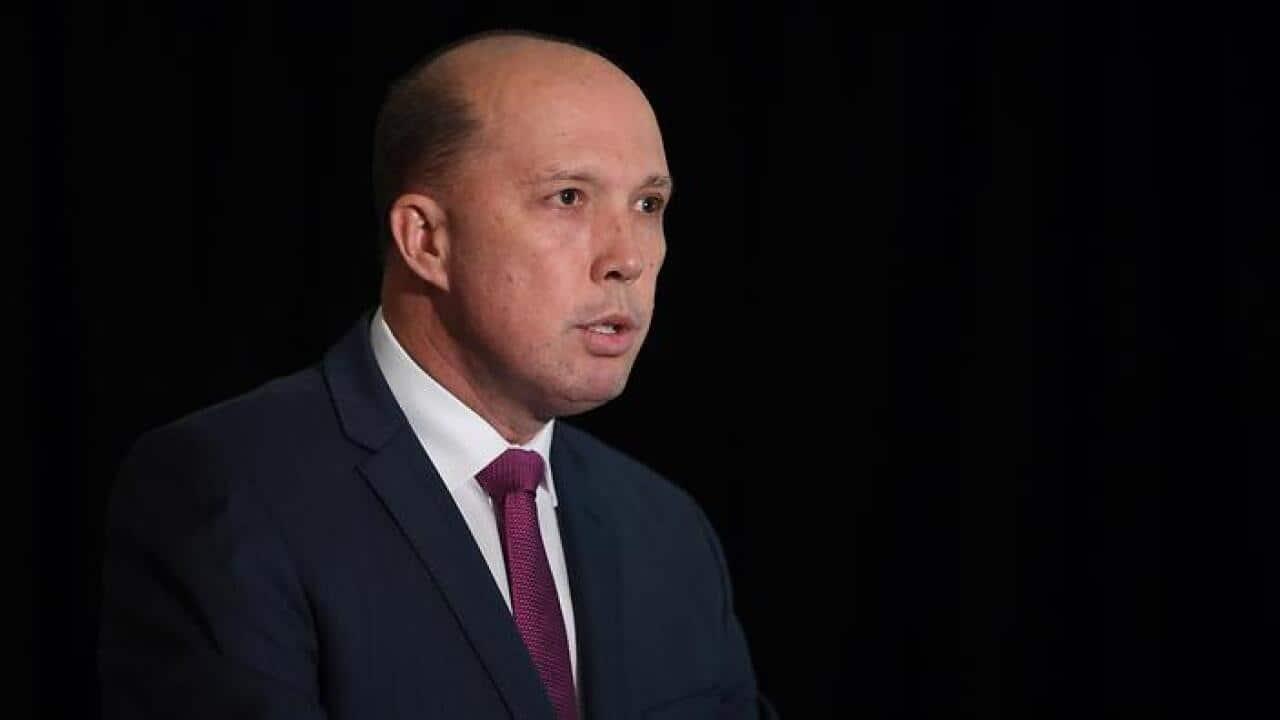Immigration Minister Peter Dutton wants the power to ban anything he deems poses a "risk" to Australia's detention centres - including mobile phones.
Draft laws introduced to parliament on Wednesday will also give authorised officers greater power to search for prohibited items without a warrant.
The move follows a court ruling in February that blocked a bid by the Australian Border Force to confiscate phones of detainees in immigration detention.
Mr Dutton said phones were enabling criminal activity within centres, including - in at least one case - to organise the contract killing of another detainee.
They had also been used to arrange escapes, riots and drug distribution, as well as to access child pornography.
They had become a form of currency in the facilities with owners of phones being subjected to "standover tactics" and threats.
Mr Dutton said existing arrangements were inadequate to manage the increasing risk of contraband.
"This government and I will not tolerate behaviour that is illegal or that threatens the stability of detention facilities, placing my officers, visitors or detainees at risk," he said.
The federal government lost an appeal in August over a Federal Court ruling that determined guards don't have the right to confiscate phones from people held in immigration detention.
Mr Dutton said about half of the detention population are non-citizens who have had their visas cancelled.
Asylum seekers who arrived by boat make up nearly 30 per cent, including "people with criminal histories and other security concerns".
That meant more than half of detainees consist of a "high-risk cohort".
"These cohorts have significant criminal histories like child sex offences, or links to criminal gangs such as outlawed motorcycle gangs, and other organised crime groups, or they represent an unacceptable risk to the Australian community," Mr Dutton said.
"These criminals often have serious behavioural issues and pose a critical threat to the health, safety, security and good order of the detention network."
The proposed laws will allow the minister to determine 'prohibited things' by legislative instrument.
It will also allow the use of detector dogs for screening detainees or people entering the facilities, and give authorised officers and assistants permission to search accommodation and common areas, rooms, medical examination areas, storage and the personal effects of detainees without a warrant.

